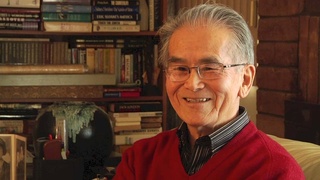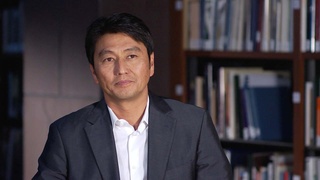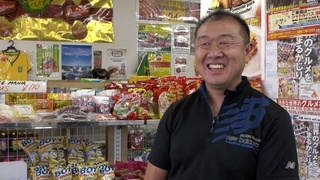Entrevistas
Japanese Fans
Well, NHK televised each and every start that he made that first couple years and I was in the T.V. truck all the time and we could just hear – inside a T.V. truck you’re sort of basically in a different world but – you could hear the fans roar, even in the T.V. truck. And I believe it was American fans also that were cheering on, I know a lot of Japanese tourists came, one of their highlights was to see a Nomo game and I believe there were packages just for Nomo start games.
At NHK we had big screens around Shibuya station, which is one of the biggest stations in the world I want to say, but big screens were set up there, and also Shinjuku, a few other places and people would just stop and just watch. Because of the time difference, most of the games would start at eleven o’clock in the morning their time, so they were able to watch during their lunch hours, I believe a lot of housewives became very familiar with American baseball – because of Nomo-san – they became dedicated fans.
It was really cool to wear the sixteen, the…his number tee-shirt. It was really cool to wear that and also a stadium jacket, those were the two coolest things that you could wear the first couple years that he was with the Dodgers.
Data: December 20, 2013
Localização Geográfica: California, US
Entrevistado: Mark Langill
País: Watase Media Arts Center, Japanese American National Museum






